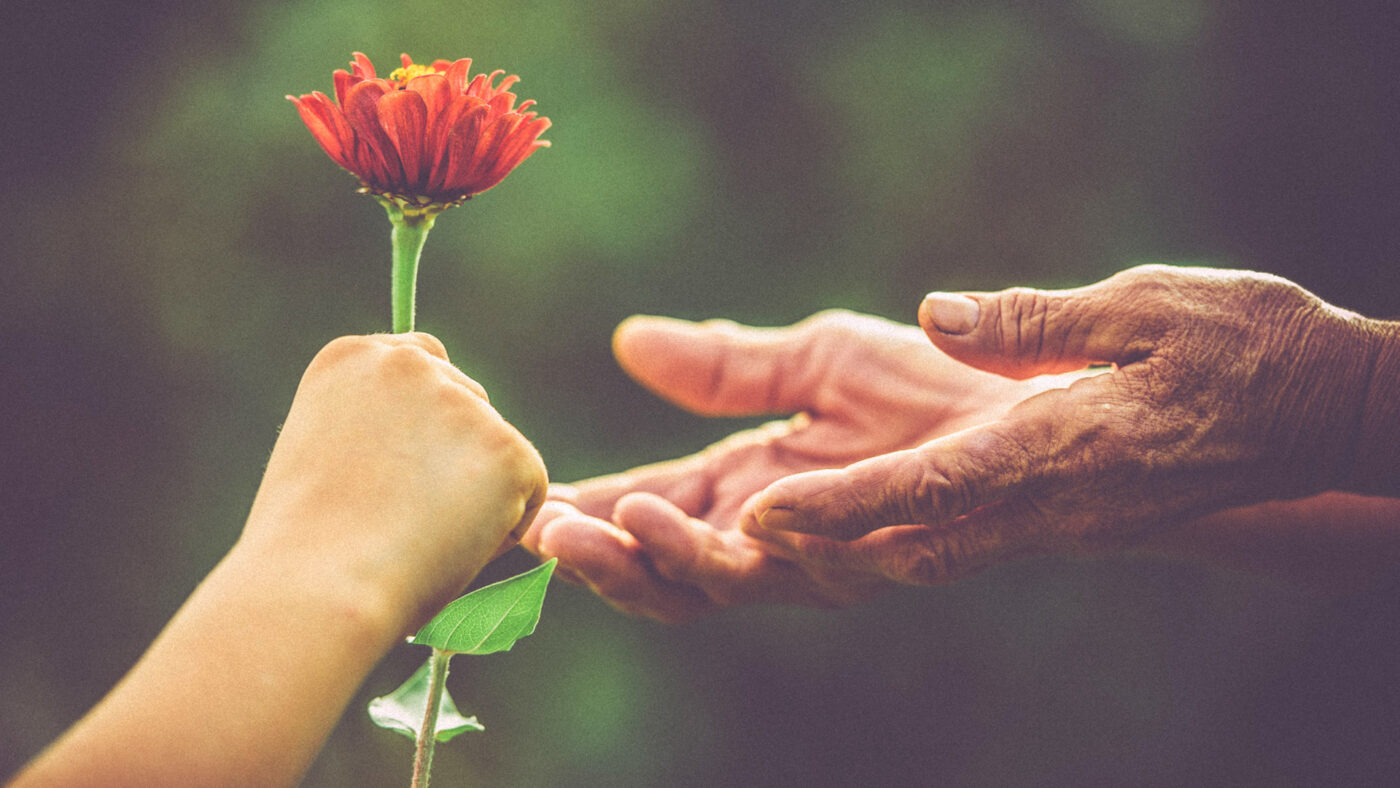In 1990, the United Nations proclaimed October 1st as the International Day of Older Persons. Every October 1st the world observers this day to raise public awareness of supporting older people and recognizing their achievements.
This day is also an opportunity to advocate for the rights of older people and to raise awareness about issues affecting the elderly, such as health care, elder abuse and neglect. As the population of older citizens worldwide is growing, the opportunities must be provided for senior people to remain active members of their communities and continue to participate in society as citizens with full rights.
In Canada, this day is celebrated as a National Senior Day with the purpose to highlight contributions made by senior citizens to society. Older individuals deserve our respect and recognition for their achievements and valuable contributions that they have made to their communities and families. Although the respect to the seniors should be paid every single day, this day is just one occasion to remind us not to overlook the significant achievement and the contributions they have made to their societies.
In response to the growing population of older persons and issues the elderly worldwide are facing, the General Assembly of the United Nations also adopted the Principles for Older Persons in December 1991. These principles are related to independence, participation, care, self-fulfillment and dignity of older persons:
Independence
1. Older persons should have access to adequate food, water, shelter, clothing and health care through the provision of income, family and community support and self-help.
2. Older persons should have the opportunity to work or to have access to other income-generating opportunities.
3. Older persons should be able to participate in determining when and at what pace withdrawal from the labour force takes place.
4. Older persons should have access to appropriate educational and training programmes.
5. Older persons should be able to live in environments that are safe and adaptable to personal preferences and changing capacities.
6. Older persons should be able to reside at home for as long as possible.
Participation
7. Older persons should remain integrated in society, participate actively in the formulation and implementation of policies that directly affect their well-being and share their knowledge and skills with younger generations.
8. Older persons should be able to seek and develop opportunities for service to the community and to serve as volunteers in positions appropriate to their interests and capabilities.
9. Older persons should be able to form movements or associations of older persons.
Care
10. Older persons should benefit from family and community care and protection in accordance with each society’s system of cultural values.
11. Older persons should have access to health care to help them to maintain or regain the optimum level of physical, mental and emotional well-being and to prevent or delay the onset of illness.
12. Older persons should have access to social and legal services to enhance their autonomy, protection and care.
13. Older persons should be able to utilize appropriate levels of institutional care providing protection, rehabilitation and social and mental stimulation in a humane and secure environment.
14. Older persons should be able to enjoy human rights and fundamental freedoms when residing in any shelter, care or treatment facility, including full respect for their dignity, beliefs, needs and privacy and for the right to make decisions about their care and the quality of their lives.
Self-fulfilment
15. Older persons should be able to pursue opportunities for the full development of their potential.
16. Older persons should have access to the educational, cultural, spiritual and recreational resources of society.
Dignity
17. Older persons should be able to live in dignity and security and be free of exploitation and physical or mental abuse.
18. Older persons should be treated fairly regardless of age, gender, racial or ethnic background, disability or other status, and be valued independently of their economic contribution.
So, join the world in celebrating this important day today. Find a way to express your gratitude and treat the seniors around you with the appreciation and respect they deserve. And listening to our elders has never been more important during these challenging times. We have much to learn from them. Remember, one day you, too, will be among the senior generation. Change starts here and now.

